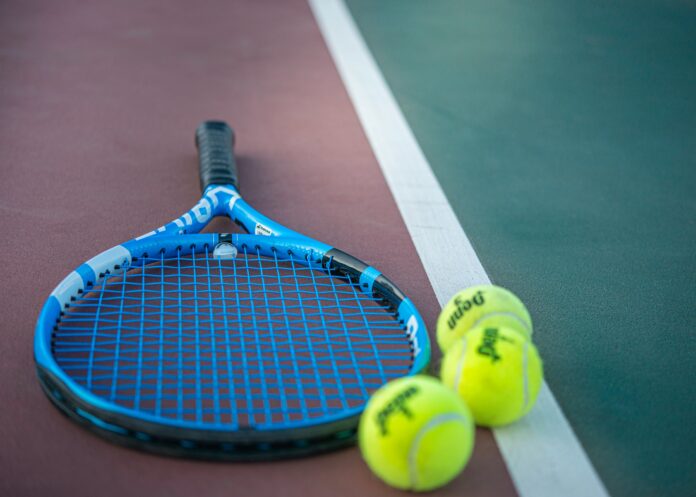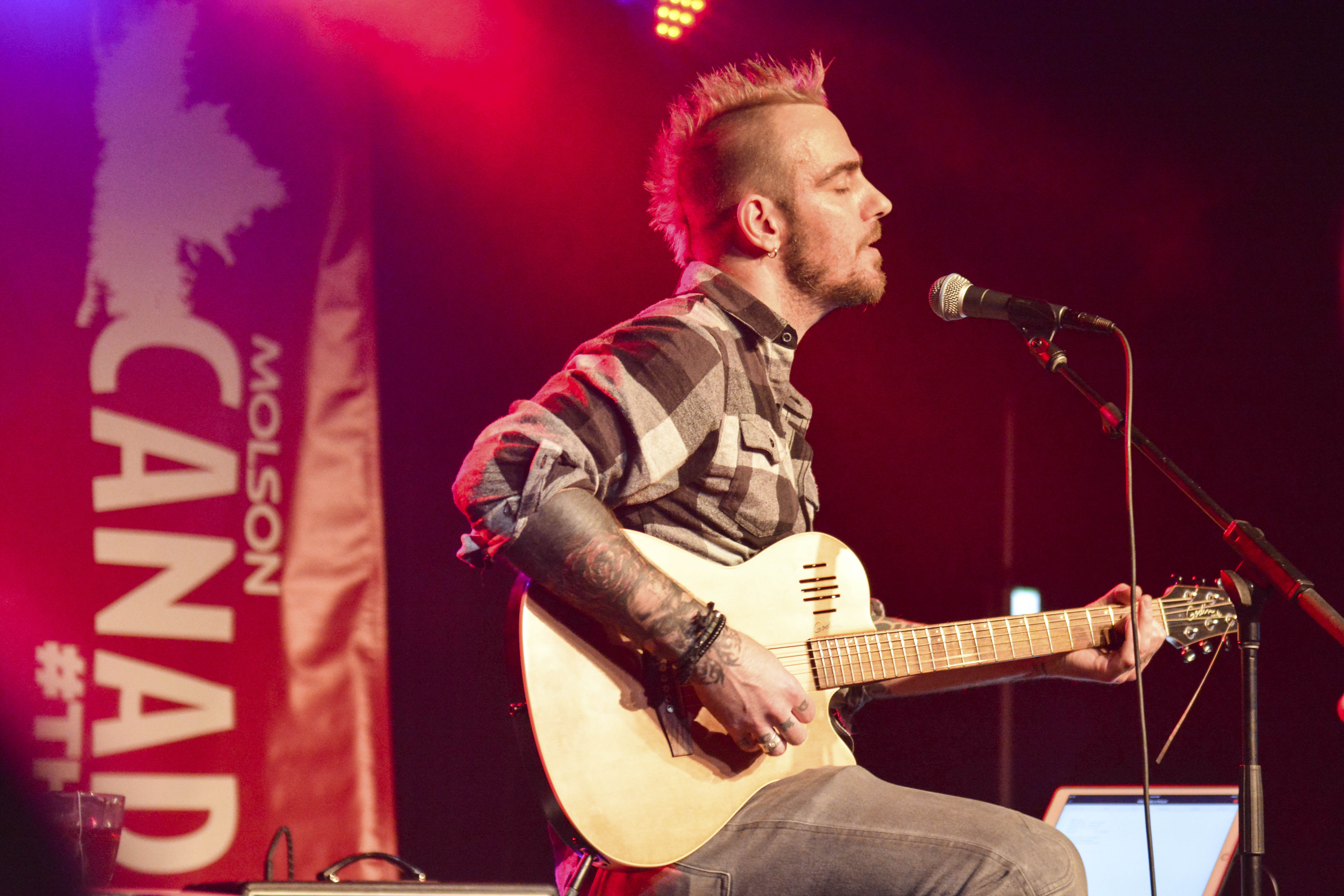Content warning: This article discusses instances of sexual assault.
On Nov. 2, 2021, Peng Shuai, a widely decorated Chinese tennis star and the first Chinese tennis player to hold the world No. 1 position in doubles, published a 1600+ word post on Chinese social media platform Weibo, detailing a consensual on-and-off relationship with former Vice Premier Zhang Gao Li, during which she alleged Zhang sexually assaulted her.
Since the post was published, objective sources unaffiliated with China’s governing party, the Chinese Communist Party (CCP), have been unable to verify Peng’s safety and whereabouts, and many prominent figures and organizations have called on China to provide proof that Peng is safe.
Within 30 minutes of its initial posting, Peng’s post was taken down, but screenshots had already begun circulating, despite Weibo’s best efforts at censorship. Peng’s account no longer appears in search results, though it is still officially online, and any discourse about the situation is blocked, as older comment sections relating to Zhang Gao Li have also been taken down. Attempts by Chinese netizens to evade the censors, such as using similar-sounding names or other names with the same initials when referring to Zhang Gao Li, have been thwarted as well, with authorities being quick to remove those posts.
Peng’s post has ignited a global response, to the point where the Biden administration has expressed concern regarding Peng’s safety and whereabouts, with press secretary Jen Psaki stating that the White House would join the call for China to release verifiable proof of Peng’s safety.
Even more attention was brought to Peng’s situation after Naomi Osaka, a renowned tennis player, tweeted #WhereIsPengShuai along with a short caption criticizing censorship and calling for Peng’s safety.
After the post’s deletion and the subsequent censorship of all discussion surrounding Peng Shuai and Zhang Gao Li, Peng was not seen in the public eye for several weeks until her appearance at a junior tennis competition meant to show off China’s best youth tennis players.
Accompanying the sudden reappearance were several videos and images posted online, seemingly to prove Peng’s safety. However, the validity of what the content shows has been called into question, such as one post of a video of Peng at dinner at a Beijing restaurant, in which the purported date, Nov. 20, was mentioned several times out loud as if to emphasize the date. Other posts include pictures of a smiling Peng tweeted from Chinese state TV reporter Shen ShiWei’s account with the caption “Happy weekend.”
Additionally, an email appearing to be from Peng was sent to the Women’s Tennis Association, explaining her absence from the public eye as simply a period of relaxation and denying the allegations mentioned in Peng’s initial Weibo post. The email reads, “the content has not been confirmed or verified by myself and it was released without my consent. The news in that release, including the allegation of sexual assault, is not true.” However, the email has also failed to resolve concerns, with the Women’s Tennis Association (WTA) CEO and Chairman Steve Simon stating that the email only raised his concerns about Peng’s safety, particularly due to the backtracking in the new statement.
The WTA has also threatened to pull out of China if their demands are not met, a drastic move by business standards due to the WTA’s 10-year deal to host the WTA finals in the southern city of ShenZhen, and the fact that the WTA’s commitments in China total to around a billion dollars.
Despite the shocking nature of the situation, this is not China’s first brush with a high-profile sports star calling out the CCP. Former Chinese football player Hao HaiDong also faced censorship in June 2020, the 31st anniversary of the Tiananmen Square massacres, after calling out the CCP’s violent reaction to the Hong Kong protests, their treatment of Tibet, and the country’s handling of the COVID-19 pandemic.
Peng’s post, aside from the implications of accusing a high-profile member of the CCP, also comes at an uncomfortably close time to when Beijing will be hosting the Winter Olympics, just a few months from now in February 2022. This has been a major factor in judging the objectivity of the International Olympics Committee (IOC), which, as of Nov. 25, has been the only international group granted a video call with Peng.
The IOC has already come under much controversy for continuing with the Winter Games despite China’s massive human rights abuse scandal regarding their treatment of the Uyghur minority group. Due to this, there is much doubt on how objective the IOC is willing to be, in order to avoid conflicts with China so close to the next Olympics.
Given the circumstances, verifiable evidence of Peng Shuai’s safety and whereabouts from an unbiased source is yet to be released.
If you have survived sexual assault or been impacted by it in some way, consult the following resources:
Community-based, UW student and employee resources: https://uwaterloo.ca/human-rights-equity-inclusion/svpro/resources
Dealing with the aftermath of sexual assault:
https://www.sascwr.org/resources.html
Counselling for students:
































